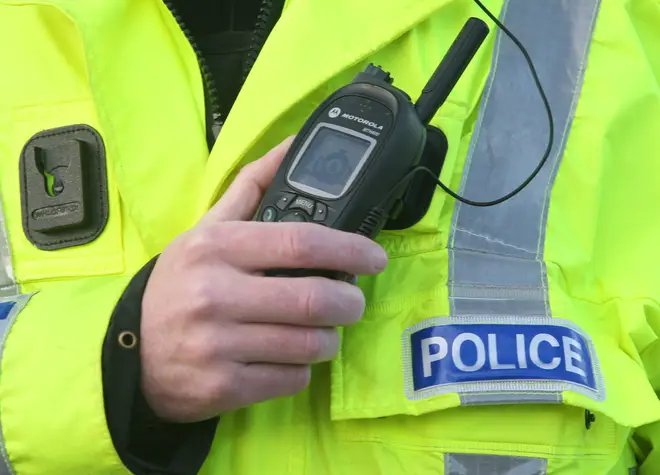
Iain Dale 7pm - 10pm
10 May 2019, 09:14 | Updated: 10 May 2019, 09:29

A "critical" project to upgrade the emergency services radio network is £3.1bn over budget and could be three years late.
A highly critical report released by the public spending watchdog has concluded the 49% increase in cost is fault of the Home Office’s management. The report also said the delay could go well beyond 2022.
The system which will allow police, fire and ambulance workers to speak to one another over a secure network has been delayed again at an extra cost of £3.1bn to the taxpayer.
The public spending watchdog has raised doubts over the Home Office's estimated date of launch and has said that key technology for the ESN has not been proven in "real world conditions."
In 2017, the Home Office realised that its plan for delivering ESN was not achievable "reset" the project.
The watchdog warned the Home Office needed a comprehensive plan with a "realistic timetable that properly considers risks and uncertainties."
In a highly critical report, the Home Office was slammed by the NAO, who said that management of "this critical programme has led to delays, increased costs and poor value for taxpayers."
The estimated cost of the project will be £9.3bn, more than £3bn over budget.
“The success of the Emergency Services Network is critical to the day-to-day operations of our emergency services that keep us all safe," said Amyas Morse the head of the National Audit Office.
Intended to be a replacement for the current Airwaves digital radio system the Emergency Services Network will mean workers across the emergency services can communicate with one another more easily.
A Home Office spokesperson said the ESN was "on track to deliver an ambitious, world-leading, digital communications network" by 2022, resulting in savings of £200m a year.